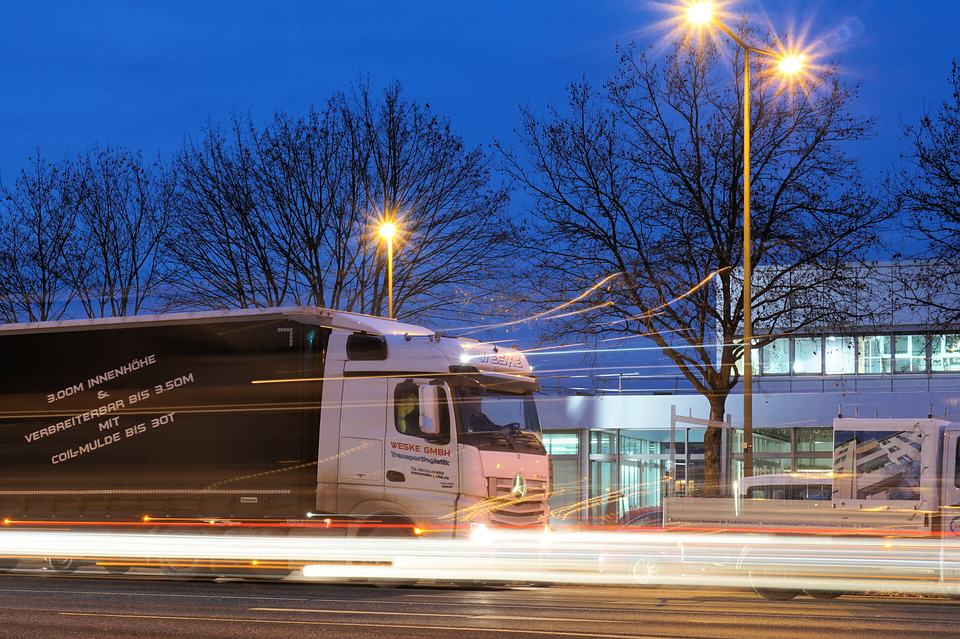
In 2017 logistics will focus even harder on information technology, digitalisation and optimisation of logistic processes by using the cutting edge innovations of the world of modern technologies. Modern logistics, so called logistics 4.0, is more often and more readily implemented in modern enterprises that want to develop their business. Logistics companies, especially those large, dynamic and wishing to compete in the rapidly growing market, need to strive to be a market leader by all means if they want to maintain their status and position in the market. The competition between enterprises is visible considering the choice of technologies, development of ready-made tools and implementing them depending on the needs of given companies or establishing cooperation with implementing companies which create custom ready solutions for TSL industry (transportation, shipping, logistics) companies.
Logistics 4.0 requires ease of access, quick information processing, security, and, most importantly, all of this in one place. Logistics companies often want to have a single system which will provide the company with everything that is available in several or more systems operated by one employee. Due to the lack of effective coordination, manual document copying, no status determination and the option of connecting the systems in an easy way, operating on these systems is unappealing, tedious and time-consuming. Logistics 4.0 is not only very safe since it works on the principle of network of connections and contacts. It is also intuitive to use, suggests counterparties and further actions in operating systems.
The most modern systems will include transport exchanges, systems such as: TMS, WMS, ERP and Truck&Traicing. Thanks to a single system, the system logisticians will be able to ‘walk’ through the whole chain of the logistic process. Since the publication of the offer of available means of transport or load, verification of the recommended or applying subcontractors, through the ability to negotiate or imposing of a given price for a given freight after approving the transaction, to automatic creation of a transport order. Going further, such systems will automatically send the driver precise instructions about the place of loading and unloading, dates of operation and the load after assigning a subcontractor or specific means of transport.
Adjusting the modern systems exactly to the needs of a given company will still be extremely important. Only the companies which will be flexible enough to adjust themselves to logistics companies will be able to cope in this competitive market. Carriers will be automatically connected with companies providing debt collection and factoring services. Thanks to the integration with telematic networks and truck&tracing the forwarding companies will have access to visualisations of all the trucks of their subcontractors on one map integrated with the operating system. Production and trade companies which want to handle logistics by themselves will be able to select carriers automatically in real time. It will be possible thanks to algorithms specially dedicated to a given company, branch or even a particular type of a product or shipping.
Modern logistics 4.0 will transport us from printed documents, thousands of accesses to many websites, thousands of telephone and e-mail inquiries to one place to a greater extent. The place where we will work faster and more efficiently thanks to matching system algorithms to a given structure. What’s more important, we will be working more safely and efficiently, leaving space for new business opportunities.
 An article from Pawel Tronina, West Europe Sales Director and TSL Expert
An article from Pawel Tronina, West Europe Sales Director and TSL Expert

